However, entering the era of artificial intelligence (AI), students in this field face many challenges.
The period 1999 - 2010 is considered the "golden age" of English language in China, when the country joined the World Trade Organization (WTO). The number of universities training foreign languages increased 3 times and the employment rate after graduating from English majors always exceeded 90%. However, the figures are decreasing.
In the period 2018 - 2022 alone, data from the Chinese Ministry of Education shows that 109 universities stopped enrolling students in foreign language majors, of which 21 schools stopped English programs. In 2024, a series of prestigious schools such as Jinan University and Shenyang Aerospace University stopped training in this once-considered key field.
The main reason comes from the remarkable development of AI, especially automatic translation tools with accuracy up to 95% and cost only 1% compared to humans. Machine translation is taking up 40% of the translation market share, reducing the demand for basic translation and interpretation positions.
The employment rate of English Language students in 2023 dropped to 76.8%, lower than the national average, and only about 52% worked in their major.
However, another reason is that students are not prepared with enough skills to work. Many students major in languages, but cannot write a complete job application email, while AI can write very quickly and systematically.
This reality shows that the problem lies not only in AI, but also in outdated training programs, lack of interdisciplinary orientation and practical application. The field of study used to focus on grammar, vocabulary and essay writing ability, but lacked necessary competencies such as digital thinking, technology skills or in-depth knowledge in fields such as law, economics and communication.
Dai Jiangwen, Dean of the English Department at Beijing Jiaotong University, said that the language industry needs to be “optimized” rather than eliminated. This expert emphasized the unique human values that AI cannot replace, such as empathy, critical thinking ability, and cultural sensitivity. These are the core elements that help people communicate deeply with each other in the context of globalization.
One approach that academics are advocating is the “English + X” training model. This is a combination of language and other expertise such as data science, international law, or digital. Thus, language students can participate in high-growth industries such as cross-border e-commerce, AI-powered translation management, or language AI training.
Especially for students with interdisciplinary orientation and international goals, English Language majors still play an important role in diplomacy, international communication, cultural studies, and language technology development.
Some experts even believe that AI will not wipe out the English industry, but will “force” it to evolve. Learners need to not only know the language, but also know how to apply it in practical contexts, and know how to use AI as a tool, not as an opponent.
“The English language industry is declining globally, not just in China. The reasons come from national policies, the development of AI, and the industry’s simple language training that fails to meet the requirements of the new market,” said Mr. Ngo Bang, Dean of the School of Overseas Education, Jiangsu University.
Source: https://giaoducthoidai.vn/sinh-vien-ngon-ngu-anh-lao-dao-thoi-tri-tue-nhan-tao-post740319.html





![[Photo] Cat Ba - Green island paradise](/_next/image?url=https%3A%2F%2Fvphoto.vietnam.vn%2Fthumb%2F1200x675%2Fvietnam%2Fresource%2FIMAGE%2F2025%2F12%2F04%2F1764821844074_ndo_br_1-dcbthienduongxanh638-jpg.webp&w=3840&q=75)





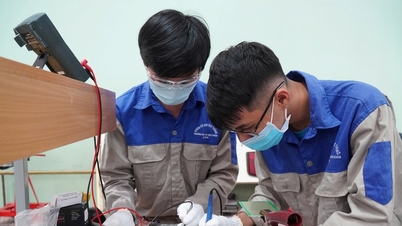







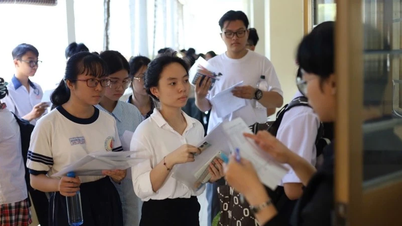





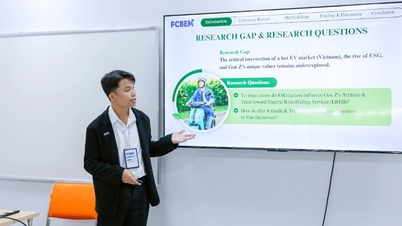






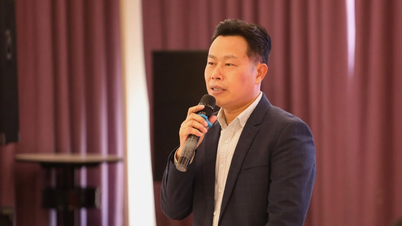



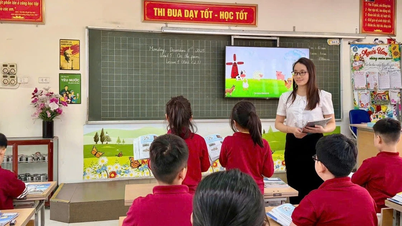





















































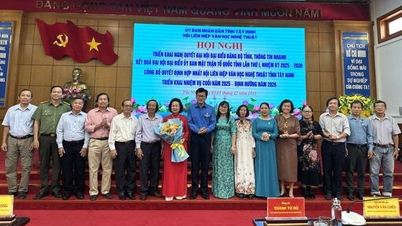


















Comment (0)